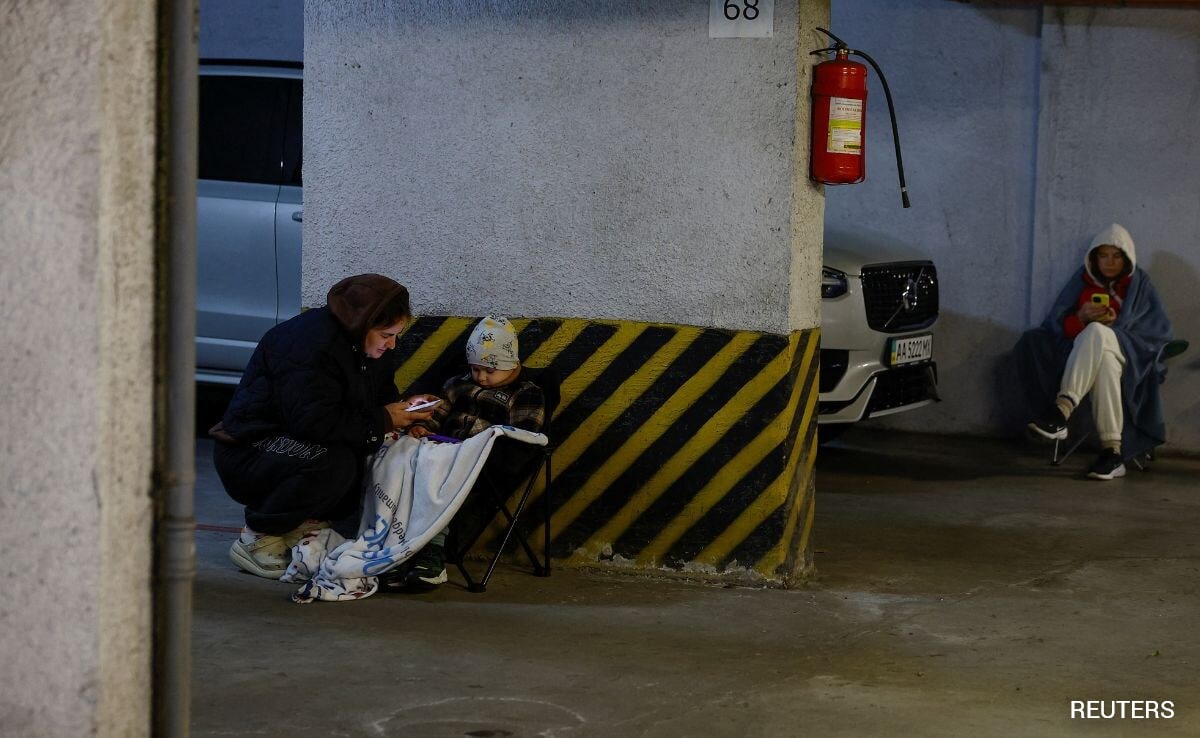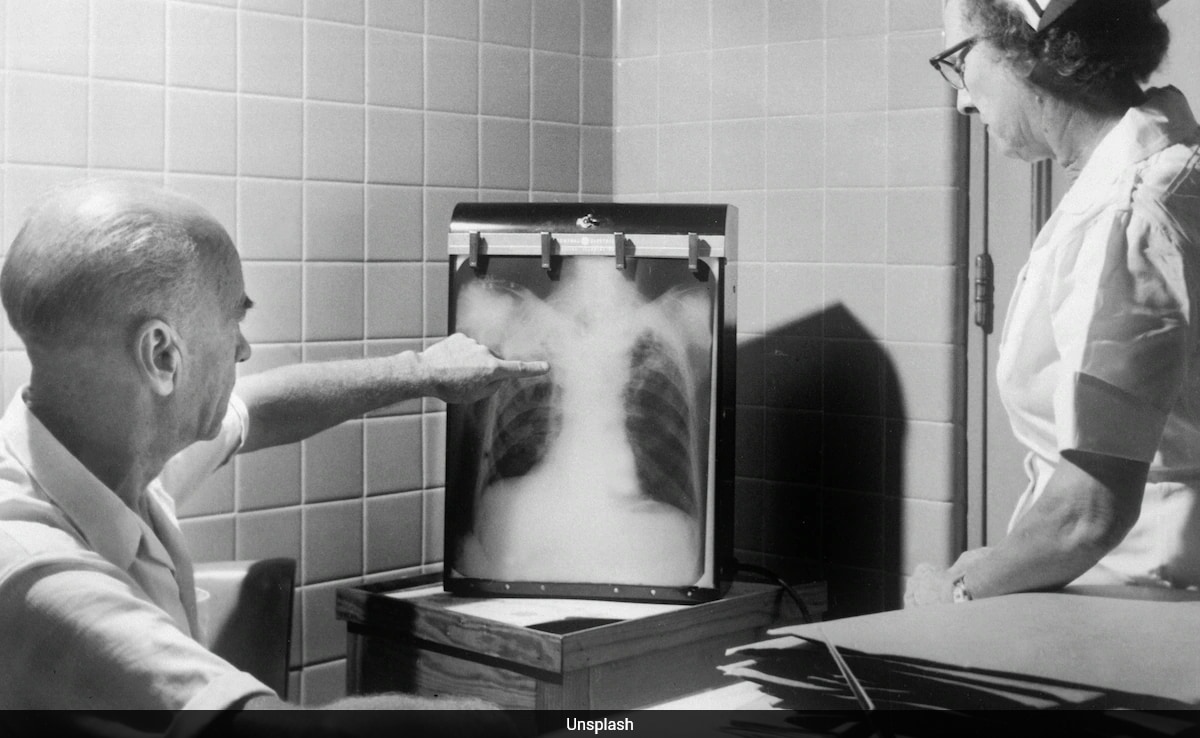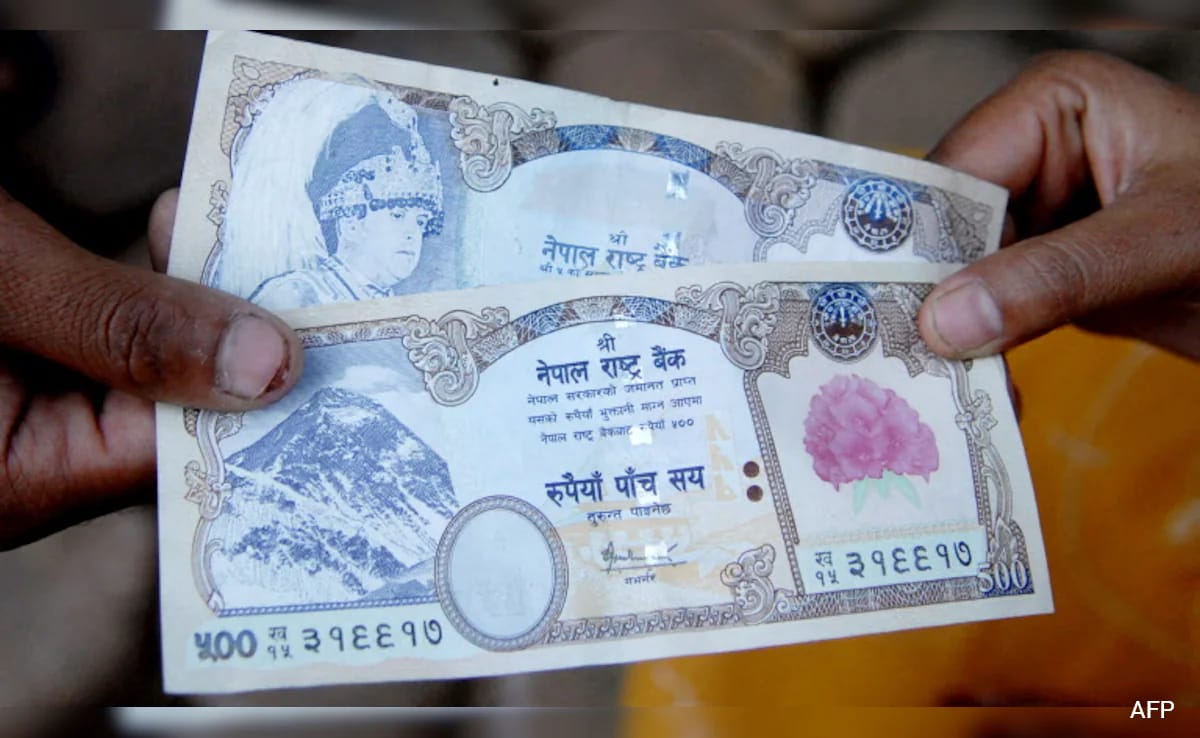Prime Minister Mustafa al-Kadhimi came to office last year vowing early elections, after mass protests ousted his immediate predecessor, Adel Abdul Mahdi, in 2019. On Sunday, voters headed to the polls through some of the same streets where security forces had fired live ammunition into crowds and killed 600 during the months-long protests.
âGet out and vote and change your reality for the sake of Iraq,â Kadhimi told television cameras after casting his vote in Baghdadâs heavily fortified Green Zone.
The international community has sent hundreds of election observers and focused efforts on fraud prevention.
Among the efforts: Once used, electronic voter cards must be suspended for 72 hours to prevent any ballot being cast twice. But reports had been circulating for weeks that political parties, including those backed by Iran, were buying votes ahead of time in return for clothing or cash payments. Candidates linked to the protest movement faced regular threats. Some were physically attacked. Bombs were placed outside the homes of some others.
By midday Sunday, provincial offices monitoring the elections were reporting a turnout of roughly 20 percent. At least 77 people had been arrested for alleged violations, Iraqâs military said. But procedural irregularities did not appear to be widespread.
Security forces were fanned out across Iraq, and the special forces were on high alert. Jets patrolled the sky, while the streets were quiet down below. Although the Islamic State militant group has largely been defeated here, it still manages sporadic attacks. The group asserted responsibility for a car bombing in the city of Ramadi last week.
Iraq remains a country in crisis, with public services crumbling and the electricity grid on its knees. Armed groups linked to Iran and populist cleric Moqtada al-Sadr have killed scores of government critics. On Saturday, police in the southern city of Diwaniya said they had found the body of a teenager, Hayder Mohamed al-Zamili, who had shared a cartoon on Facebook likening Sadrâs followers to sheep.
âHow can we vote under these circumstances,â said one young activist, the exasperation clear in his tone. âIf we join these elections, we tell the killers: âOkay, we buy into your system.â But thatâs a betrayal of all the things that we fought for.â He spoke on the condition of anonymity out of concern about militia retribution.
The vote is being held under a new election law aimed at giving political independents a greater chance of winning seats. In practice, the biggest winners are likely to be larger parties with loyal bases, with Sadrâs party expected to be the biggest victor.
The cleric had urged his followers to vote from the crack of dawn and to ensure that every voting-age adult in the family cast their ballot. In Baghdadâs sprawling Sadr City district, polling stations bustled with an energy that was markedly absent elsewhere. âWeâre here for Sadr. Heâs the only man to save Iraq,â said Manshad Hamil, a 45-year-old government employee.
A storied figure, Sadrâs popularity is partly based on his familyâs history of resistance. His father, Grand Ayatollah Mohammed Sadiq al-Sadr, was killed by Husseinâs regime, and Moqtada al-Sadr himself commanded loyalists in bloody battles against U.S. forces. His Mahdi Army also roamed the streets as death squads during Iraqâs civil war, targeting civilians and public officials alike. On Sunday, Sadrâs office distributed videos of the cleric arriving to vote in a car that resembled the Mitsubishi in which his father and brothers were shot.
âIt gave us great hope to see that,â said 31-year-old Ali Abbas, a construction worker. âWe saw he drove his fatherâs car.â
But elsewhere in the capital, footfall at polling stations seemed light. In Ur district, a polling center was so empty of voters that the staff appeared surprised when new ones entered. In Tahrir Square, which was once the protest epicenter, the faces of the dead stared solemnly from muralled walls.
In 2019, the nearby Aqeeda school had been a makeshift field hospital where medics treated protesters for their wounds. On Sunday, it was a polling center.
âWe thought the crowds would be bigger than this,â said Salem Khalaf, 70, as he stood in the street outside. Voters trickled in slowly; few of them were young. âMy children arenât going to vote. They donât think itâs worth it,â said Khalafâs friend Khalid Rashid, who also had cast his ballot. Khalaf nodded.
âI have five children, and the only ones who voted are in the security forces. The rest just said no way.â
.png)











 English (United States) ·
English (United States) ·  Turkish (Turkey) ·
Turkish (Turkey) ·